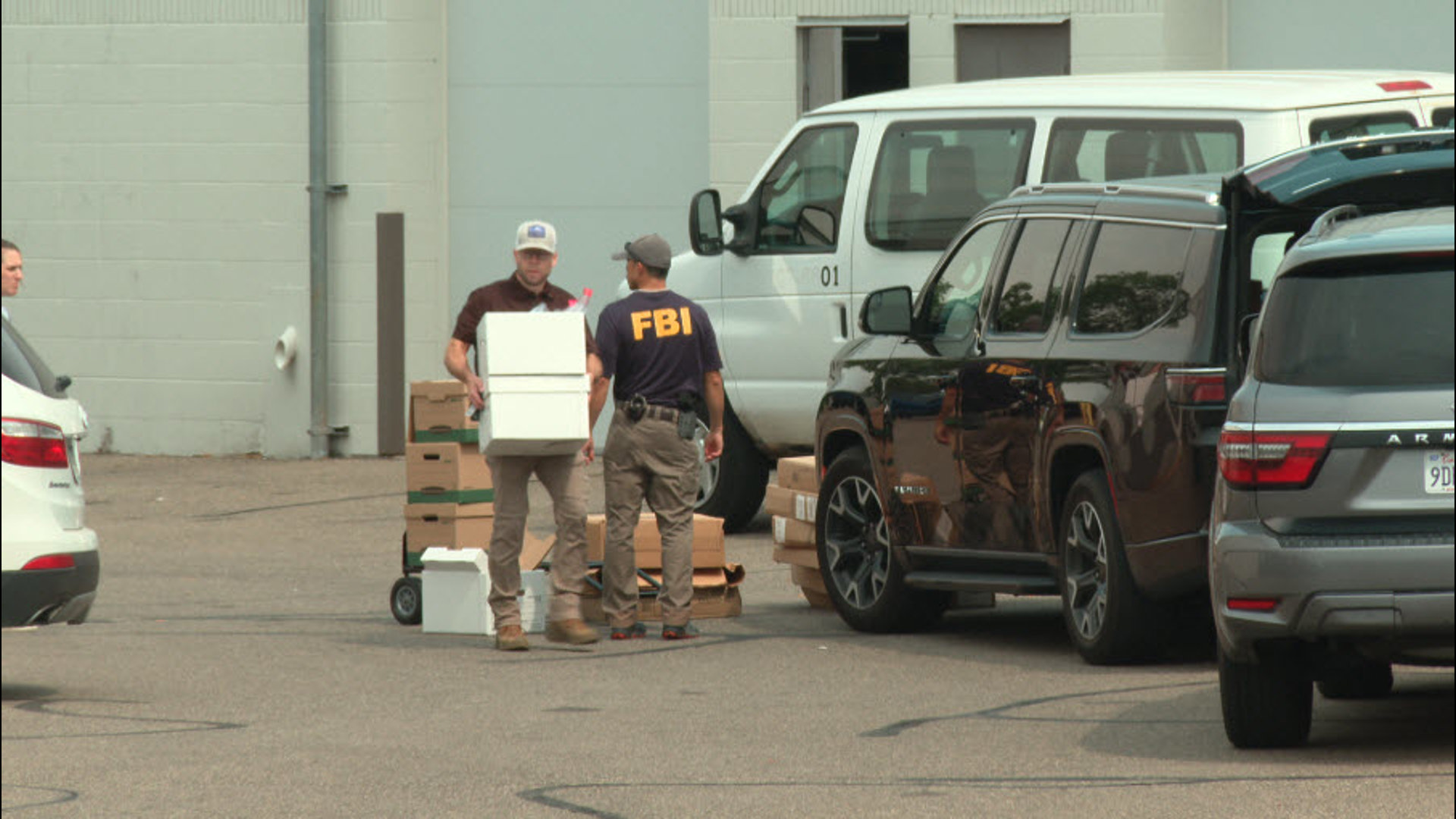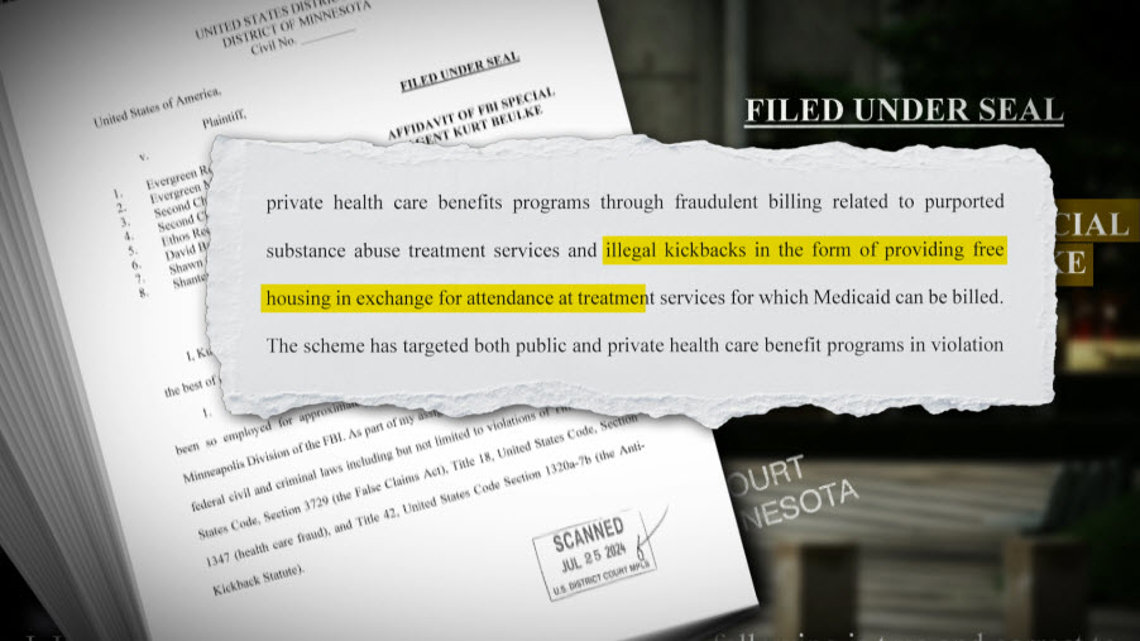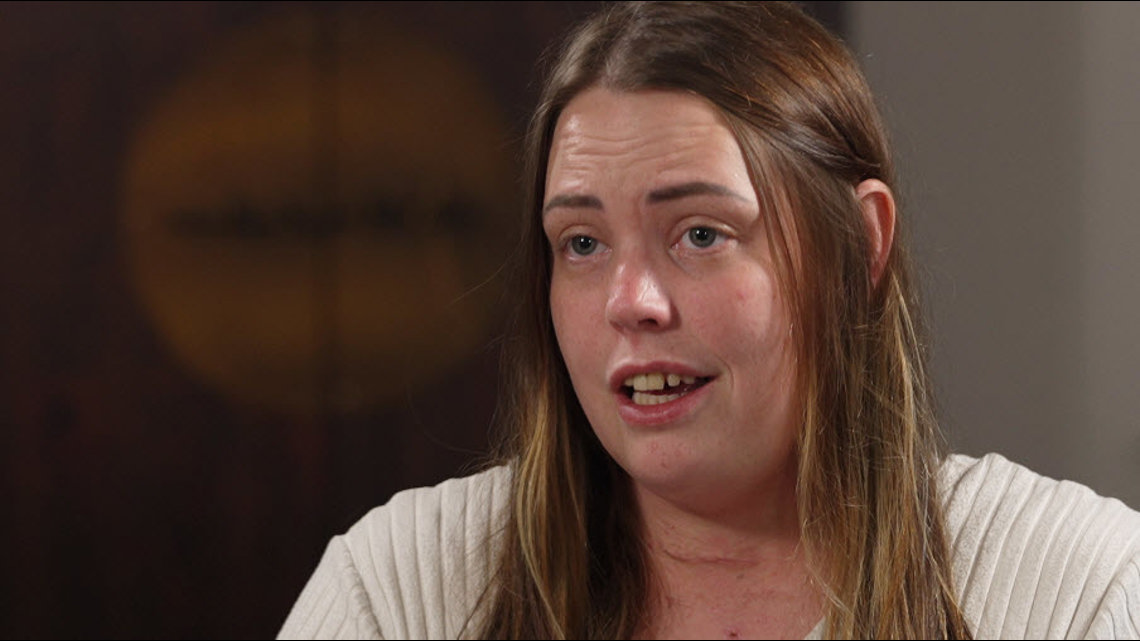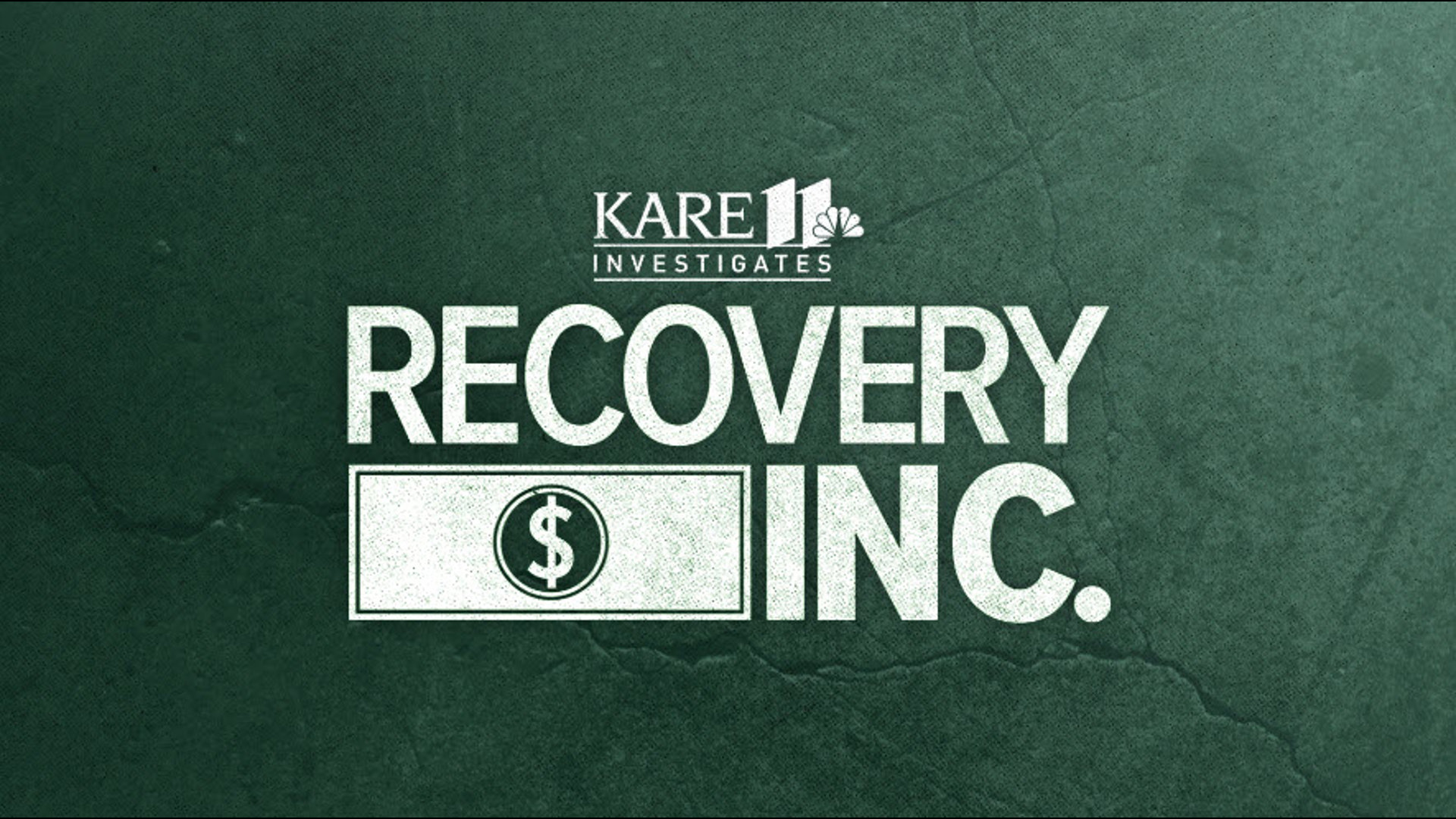KARE 11 Investigates: Evergreen Recovery client crisis
After the FBI raid, hundreds of Evergreen Recovery clients question if they will be left homeless.

“It is a complete disaster,” said Jordan Scofield, a former Evergreen Recovery certified peer recovery specialist (CPRS) who says she’s been fielding around-the-clock calls from concerned clients.
Roughly 600 Evergreen clients have been left in limbo in the wake of an FBI raid on the company’s St. Paul headquarters Tuesday and a federal court order freezing assets of the treatment center and its owners.
In court records unsealed Wednesday, Judge Katherine Menendez ruled that “more likely than not” Evergreen engaged in “an illegal and fraudulent scheme to bill Medicaid for substance abuse treatment services not provided” and in an “illegal and fraudulent kickback scheme” in violation of federal law.
The FBI raid came in the wake of KARE 11's multi-part "Recovery Inc." investigation which exposed Evergreen owners David Backus and Shawn Grygo living a lavish lifestyle - with expensive cars and travel on private jets - as their company billed millions of dollars to taxpayer-funded Medicaid for services clients and employees said were not always provided as claimed.
Now, Evergreen clients are wondering what happens to them.
Kickback scheme
Clients are worried, not just about where they’ll go next for treatment, but whether they’ll have a place to live.
That’s because Evergreen was letting them live for free in their sober homes in return for signing up for the company’s drug and alcohol treatment programs.
The unsealed federal court records claim that part of Evergreen’s business model amounted to an illegal “kickback scheme” – offering free housing in exchange for participating in treatment services that Evergreen could bill Medicaid for.


An affidavit filed by an FBI Special Agent assigned to the case cited evidence that Evergreen actively recruited homeless people – enrolling them in its taxpayer-funded substance abuse programs “regardless of whether they need or want” the treatment.
“They’re letting us live in their houses for free,” one Evergreen client told KARE 11 as they watched FBI agents remove box after box of evidence in Tuesday's raid.
Clients now wonder if they’ll soon be homeless in the aftermath of the raid.
Vulnerable population
In addition to substance abuse issues, many of Evergreen clients deal with severe mental illness and troubling criminal histories. So, options for treatment – and housing – are often limited.
“I hope when the truth comes to the light, y’all think about these 600 people that are here,” Evergreen client Zverion Jackson said. “Y’all realize these 600 people are going to need places to go.”
“They make sure we eat every day, they made sure we get our meds every day,” another Evergreen client said.


“This is in a sense a public health crisis because it’s 600 plus clients that all need to be replaced in a very short period of time,” said Scofield, the former Evergreen staffer.
She says her former clients are begging for help. “Just phone call, after phone call, after phone call. Text after text like, ‘Help me – what do we do?’”
James McCloden, senior outreach coordinator with the Minnesota Assistance Council for Veterans (MACV) said one of their Veteran clients was kicked out of his Evergreen affiliated sober home on Tuesday, the day of the federal raid. The Veteran, along with the rest of the people in the home were told by the home's owner that Evergreen was no longer paying for them, so they had to leave according to McCloden. That Veteran is now homeless, and MACV is trying to line up services for him.
DHS response
On Tuesday, in conjunction with the federal raid, the Minnesota Department of Human Services (DHS) stopped all public funding flowing into Evergreen Recovery.
In a written statement Thursday, the agency said “DHS is closely monitoring this situation and coordinating with other state, county and local organizations, and providers to ensure that individuals are referred to other treatment services.”
Dr. Sadiq Ali says Minneapolis-based Pathway to Recovery is one of the organizations working with DHS to help transfer patients to cover their addiction treatment needs. But he warns the group doesn’t have capacity to handle housing.
“Right now we’re all caught off guard,” he said. “We want to help, but as you see we are limited to what we can do.”
“The biggest need now is to make sure that those clients do not go homeless, and we find a way to continue to house them,” he stressed.
DHS provided the following list of resources for people facing a housing crisis after the Evergreen raid.
For Hennepin County residents:
- Hennepin Shelter Hotline: call 612-2024-8200.
- Hennepin County Front Door: call 612-348-4111 for direct calls with county staff to navigate available resources.
- Tenant Resource Connections (trchennepin.com)
For Ramsey County Housing Supports Services
- Online: https://www.ramseycounty.us/residents/assistance-support/assistance/housing-services-support
- Call the emergency shelter and services at: 651-266-1050.
Other resources include:
- Veterans Community Resource Referral Center
- Online: www.va.gov/homeless/crrc.asp
- Call 612-313-3240
- Minnesota housing Benefits 101 an online resource to explore housing benefits in Minnesota. Online: www.mnhb101.org
- Home Line, a nonprofit Minnesota tenant advocacy organization. Online: www.homelinemn.org
Meanwhile, Evergreen patients who rely on the county-backed insurance program Hennepin Health have received letters stating their insurance will no longer pay for Evergreen Recovery.
In emails sent to recovery organizations Hennepin Health said that its members who need additional assistance and support can contact the Hennepin Health social service navigation (SUD) team at 612-348-8400.
Or directly to:
- Otto Flaherty, Peer Recovery Support Specialist at 612-715-5410
- Valerie Gustafson, LADC at 612-472-1464
- Megan Sullivan, LADC at 612-695-4226


